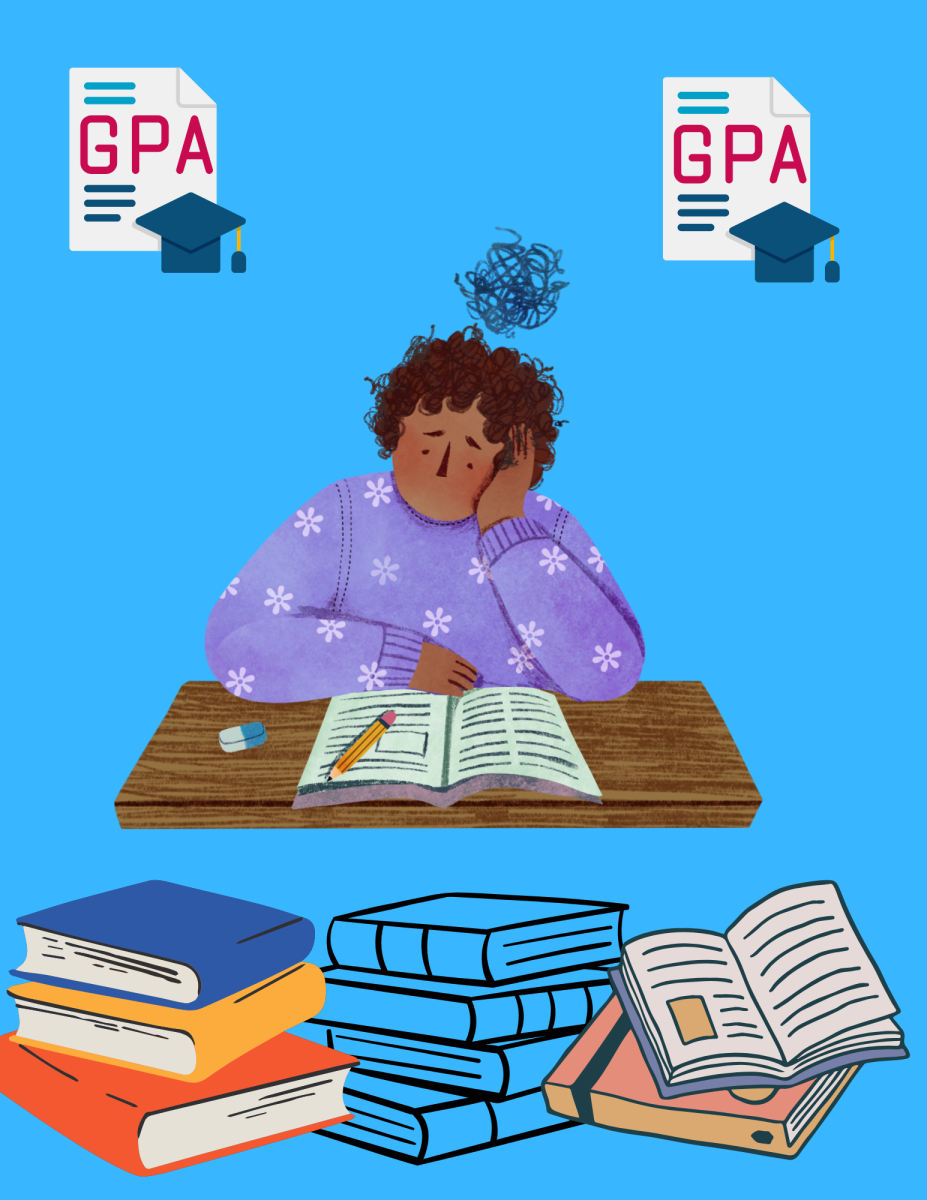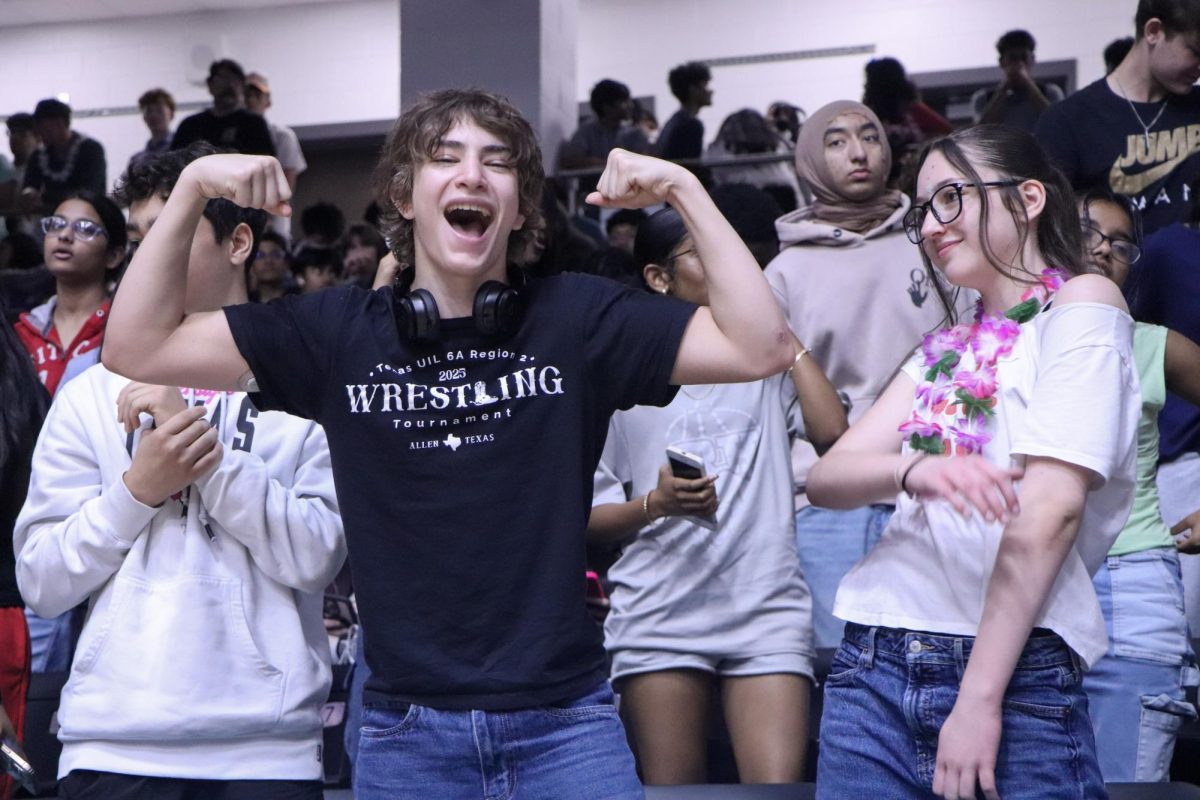It’s 3 a.m. Your desk is full of notes and textbooks. You’ve hardly slept all week, trying to balance six Advanced Placement (AP) classes, hours of homework, and a test tomorrow that you’re unprepared for. You’re not alone. Many high school students have this same problem of academic overload, believing that piling on AP classes is the only path to college success. However, this “more is better” mentality often backfires—it requires a lot of effort and can lead to burnout, stress, and diminished performance.
According to a 2019 survey by UWorld College Readiness ,over 87% percent of high school students have experienced moments of feeling utterly overwhelmed throughout the school year. This statistic isn’t surprising considering the pressure students face to pad their transcripts with AP courses. Many students believe that the only way to improve their GPA and college application is by overloading on AP classes, but at what cost? . Stress, fatigue and burnout can severely impact both academic performance and overall well-being.
Opposed to popular belief, taking fewer AP classes—say, two or three—can actually be more beneficial than overloading your schedule. By choosing AP classes that align with your future goals, you can dive deeper into subjects that truly interest you. For example, for a student intending to pursue business would benefit more from doing well in AP Macroeconomics than struggling through AP Chemistry.
Additionally, focusing on fewer AP classes increases your chances of scoring well on the exams, potentially earning valuable college credits in your intended major. According to CollegeVine, carefully selecting AP courses allows students to perform better overall. Consistently high grades in a few challenging classes can be more impressive than mediocre performance across many.
Moreover, managing a lighter course load allows time for extracurricular activities, which are crucial for personal development and college applications. The National Center for Education Statistics (NCES) found that students involved in extracurricular activities tend to have higher levels of school engagement and academic success. A manageable course load frees up a lot of time for students to explore these interests.
It’s a common misconception that colleges simply count AP classes when evaluating applications. In reality, admissions committees take a holistic approach. Forbes reports that colleges prefer applicants who have been more consistent and balanced in their academic pursuits.College applications are evaluated on multiple factors beyond just coursework: academic performance, standardized test scores, essays, extracurricular involvement, and letters of recommendation. Taking slightly fewer AP classes won’t take a person’s application if it means they excel in other areas.
I myself once believed that taking the hardest classes possible would benefit me in the long run. In junior year, I was balancing AP Precalculus, AP Physics and AP Language and Composition. But even though I tried to keep up with the work I became less interested and more overwhelmed. However, when I dropped some classes, my GPA improved significantly as I was able to prioritize my studies more effectively.
Ultimately, while the decision about how many AP classes to take is up to each individual student and their capabilities, it’s important to recognize that taking fewer AP classes won’t completely ruin your academic standing. Instead, it can help you stay organized, improve mental health, and be more consistent instead of cramming all the time. Colleges consider a student’s application as more than just numbers and stats; they seek well-rounded individuals who can contribute positively to their campus communities. By focusing on quality over quantity in course selection, students can enhance their academic performance and present a strong college application.









